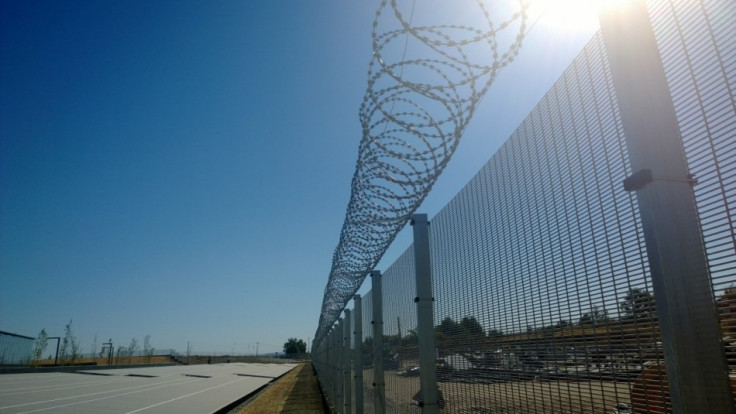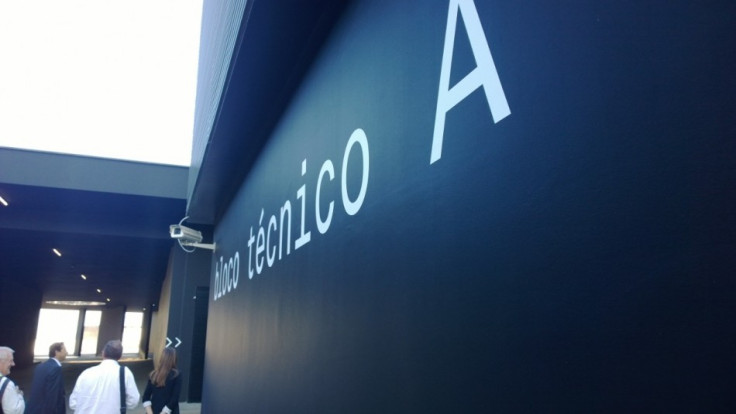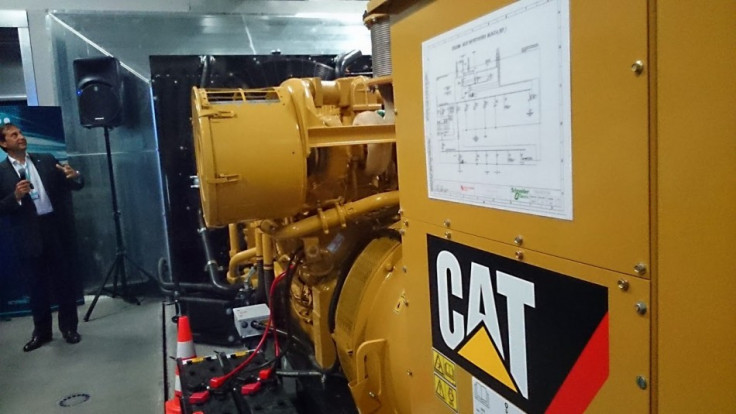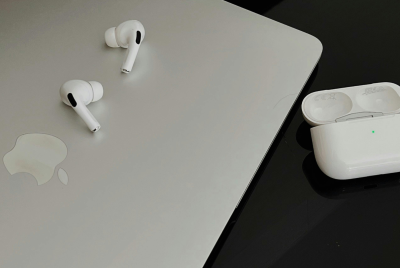How Data Centres Protect Your Information
Portugal Telecom's new data centre in Covilha shows just how important physical security measures as well as cyber security is to protect your information.

Data centres are the 21st century's banks. Within the servers housed inside them is where we store the 1s and 0s which make up the informaiton which is most important to us.
And if data centres are the new banks, then somewhere out there are the new Bonnie Parkers and Clyde Barrows.
Therefore security is high on the agenda for Portugal Telecom (PT) at its state-of-the-art data centre in Covilha.
But unlike the bank tellers who faced Clyde Barrow's Browning rifle in the 1930s, those charged with protecting our information today face a double threat - one from the real world, and one from cyber space.
Cyber Threats
As Portugal Telecom CEO Zeinal Bava told IBTimes UK ahead of the inauguration of the data centre this week, security is "the number one item on the agenda for everyone, including government."
The Edward Snowden leaks relating to widespread governmental spying on citizen's information has raised awareness levels massively regarding the security and privacy of online services.
PT says it is able to promise its customers "end-to-end security" as it controls the network from your mobile phone, through the mobile and fibre broadband networks and now to the data centre.

However, as US cloud storage companies have discovered, people no longer implicitly trust them anymore, with US-based services seeing revenues decline in the fallout from Snowden.
However maintaining the trust of his customers is not something PT's chief technical officer Jose Salas Pires is worried about, he is more worried about the impact possible EU legislation could have for his business.
"I am not worried if my customers will trust me or not because I think we can prove to them that we will have the right tools, the right people, the right skills and the right technology to guarantee the trust and the security."
Pires is more worried about government's around the globe erecting national cyber borders and not allowing their citizen's data out of the country, as a result of the revelations about the NSA.
One of these countries is Brazil, a country of much importance to PT where it operates its Oi telecoms brand, but one which has been impacted significantly by the Snowden leaks and is now looking at shutting down its cyber borders, and preventing any data being stored outside the country.
"Local laws will close countries on themselves, and for me it's a problem, as Portugal is too small for my project. We need to have international [business]."
Constant cyber-criminal threat
While dealing with governmental attacks is one thing, there remains the constant threat of cyber criminals and to combat this PT will establish a security operations centre (SOC) at the Covilha facility to work in conjunction with it's current SOC in Lisbon.
This will allow PT to control not only its own network on a regional and national level, shutting Portugal off from the rest of the world if necessary, but it also puts them in touch with operators around the world who share details on threats which could be headed PT's way.
Physical Threats
While stealing data remotely is a major threat, it is not the only one.

There remains the threat from the nuts and bolts criminals who will look at the monolithic, black cube and see potential for making money - or causing serious damage to Portugal Telecom and its customers.
To counteract this threat, PT has put in place the stringent type of security measures you might expect to find at GCHQ's Cheltenham headquarters.
From the zig-zagging approach road to stop trucks that could be carrying explosives building up speed, to the perimeter fence topped with razor wire, anyone who does penetrate the security here is going to know what they are doing.
As you would expect, the entire premises is monitored constantly from a security room, with over 250 CCTV cameras monitoring your every move. Security gates with bullet-proof glass and X-ray machines make it difficult for unauthorised people to force there way in.
If someone does manage to trick their way past security, then the final layer of security is likely to mean access to one of the IT rooms is denied.
Where you might expect to find a fingerprint reader you will instead find a palm vein control panel. This reads the layout of veins in you hand that, like fingerprints, are unique to everyone. This system has the added benefit of only working when a person is alive, meaning chopping off a security guards hand is not going to prove fruitful.
Access to the IT rooms is also regulated by a weighing scales in order to check that someone doesn't take something out of the room they shouldn't - or more importantly bring something in which could damage the equipment.
Natural threats
Of course, as well as criminals, the integrity of the data centre is threatened by nature.
One of the main reasons PT choose Covilha as the location of its data centre - over 25 other locations in Portugal - was that it suffers very few earthquakes.

If however there was an earthquake somewhere in the regions, and a resultant power outage, PT has the systems in place to deal with this.
It has a batch of 12 generators which can sustain the facility for 36 hours in an emergency, fed by two fuel silos both of which can hold 80,000 litres of diesel fuel.
PT's Covilha has the potential in the future to hold up to 30 petabytes of information which is an almost unimaginable amount of information. It is therefore no surprise that the company has put in place such stringent and widespread security processes to protect what is now worth much more than the money held in banks' vaults.
© Copyright IBTimes 2025. All rights reserved.






















